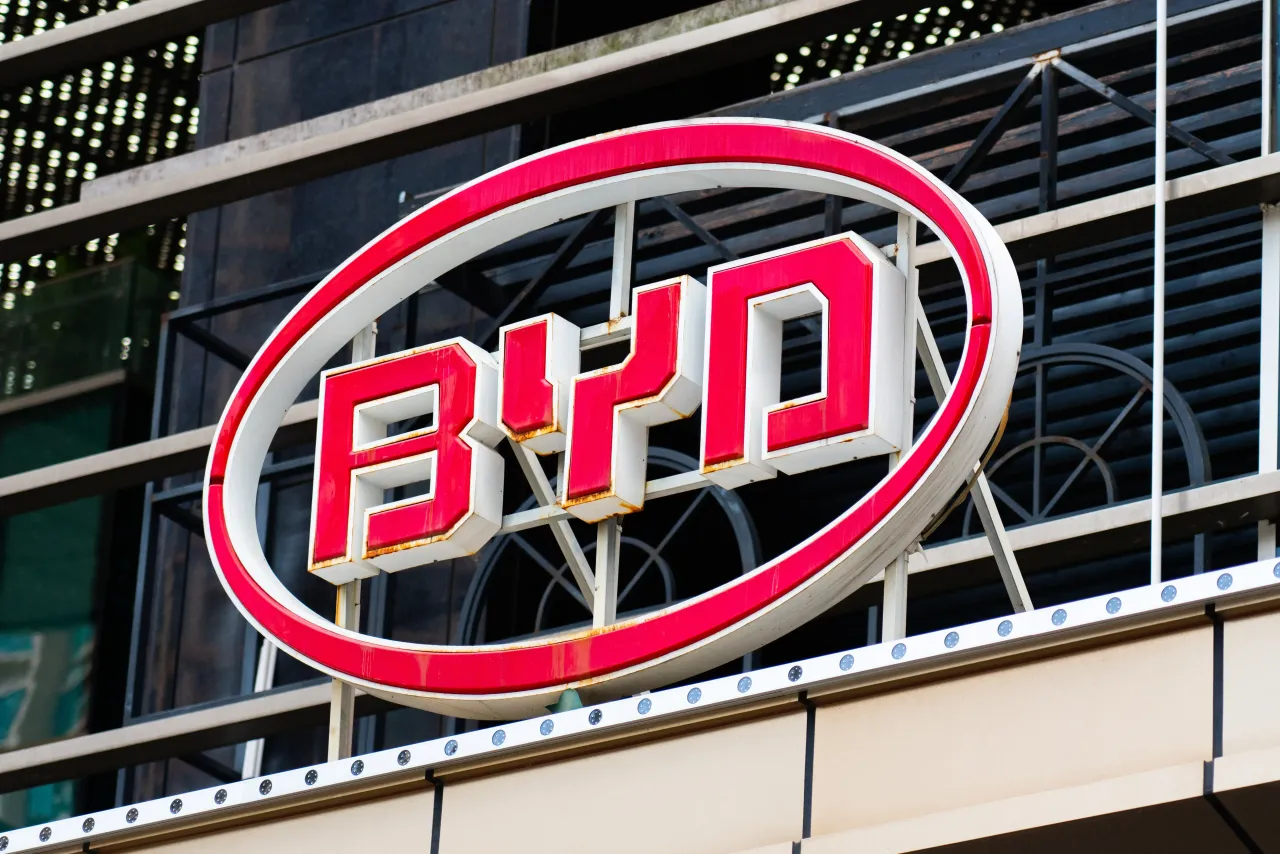Advertisement|Remove ads.
BYD Tries Deep Discounts To Boost Japan Sales — Analyst Says It’s Hard To Beat Toyota, Nissan, And Honda On Home Turf

More than two years after entering the Japanese market, BYD is still struggling to attract buyers. The Chinese EV maker sold just 5,300 vehicles between January 2023 and June 2025, despite opening 45 dealerships, introducing new models, and planning a kei car launch for 2026.
The company has turned to discounts of up to 1 million yen ($6,700), effectively cutting prices by as much as 50% when combined with subsidies to boost demand, according to a Bloomberg report.
Its Atto 3 SUV retails for just under 4.2 million yen. However, Bloomberg Intelligence senior auto analyst Tatsuo Yoshida said BYD’s discounting strategy could easily backfire in Japan, where carmakers almost never cut prices. He added that the move could frustrate early adopters who paid more, and may also lower the cars' resale value.
According to Yoshida, BYD’s struggle highlights how difficult it is for overseas automakers to win over Japanese drivers, who still prefer hybrids and tend to stick with familiar brands like Toyota, Nissan, and Honda. He pointed out that General Motors quit the Saturn brand after weak sales, while Hyundai is only now trying again after pulling out more than a decade ago.
BYD sold 512 vehicles in June, less than half of Nissan’s Sakura, Japan’s top-selling EV, pointing to a level Yoshida said may not even cover operating costs. Meanwhile, local makers are expanding their electric lineups: Honda launched its first compact EV this month, while Toyota and Suzuki plan to roll out a kei EV later this year.
Despite the weak sales, analysts see long-term value in staying in Japan, where EVs are projected to represent just 3.4% of new car sales in 2025, according to BloombergNEF. “Winning Japan isn’t the point; leaving a mark is,” Yoshida said, adding that BYD aims to earn credibility with Japan’s highly discerning customers even if it’s not profitable in the near term.
On Stocktwits, retail sentiment for BYD was ‘neutral’ amid ‘low’ message volume.
BYD’s U.S.-listed stock has risen 22% so far in 2025.
For updates and corrections, email newsroom[at]stocktwits[dot]com.












/filters:format(webp)https://news.stocktwits-cdn.com/Getty_Images_2229886652_jpg_a4903ce2cc.webp)
/filters:format(webp)https://st-everywhere-cms-prod.s3.us-east-1.amazonaws.com/IMG_9209_1_d9c1acde92.jpeg)
/filters:format(webp)https://news.stocktwits-cdn.com/large_new_york_stock_exchange_resized3_jpg_d9e74e2821.webp)
/filters:format(webp)https://news.stocktwits-cdn.com/IMG_8805_JPG_6768aaedc3.webp)
/filters:format(webp)https://news.stocktwits-cdn.com/tesla_cybercab_display_resized_jpg_c5beeba25b.webp)
/filters:format(webp)https://st-everywhere-cms-prod.s3.us-east-1.amazonaws.com/unnamed_jpg_9dff551b50.webp)
/filters:format(webp)https://news.stocktwits-cdn.com/large_Getty_Images_2250241035_jpg_937df85f43.webp)
/filters:format(webp)https://news.stocktwits-cdn.com/jaiveer_jpg_280ad67f36.webp)
/filters:format(webp)https://news.stocktwits-cdn.com/large_Applied_Digital_jpg_95c1bba239.webp)
/filters:format(webp)https://news.stocktwits-cdn.com/Aashika_Suresh_Profile_Picture_jpg_2acd6f446c.webp)
/filters:format(webp)https://news.stocktwits-cdn.com/large_stock_generic_resized_jpg_3444b70edf.webp)